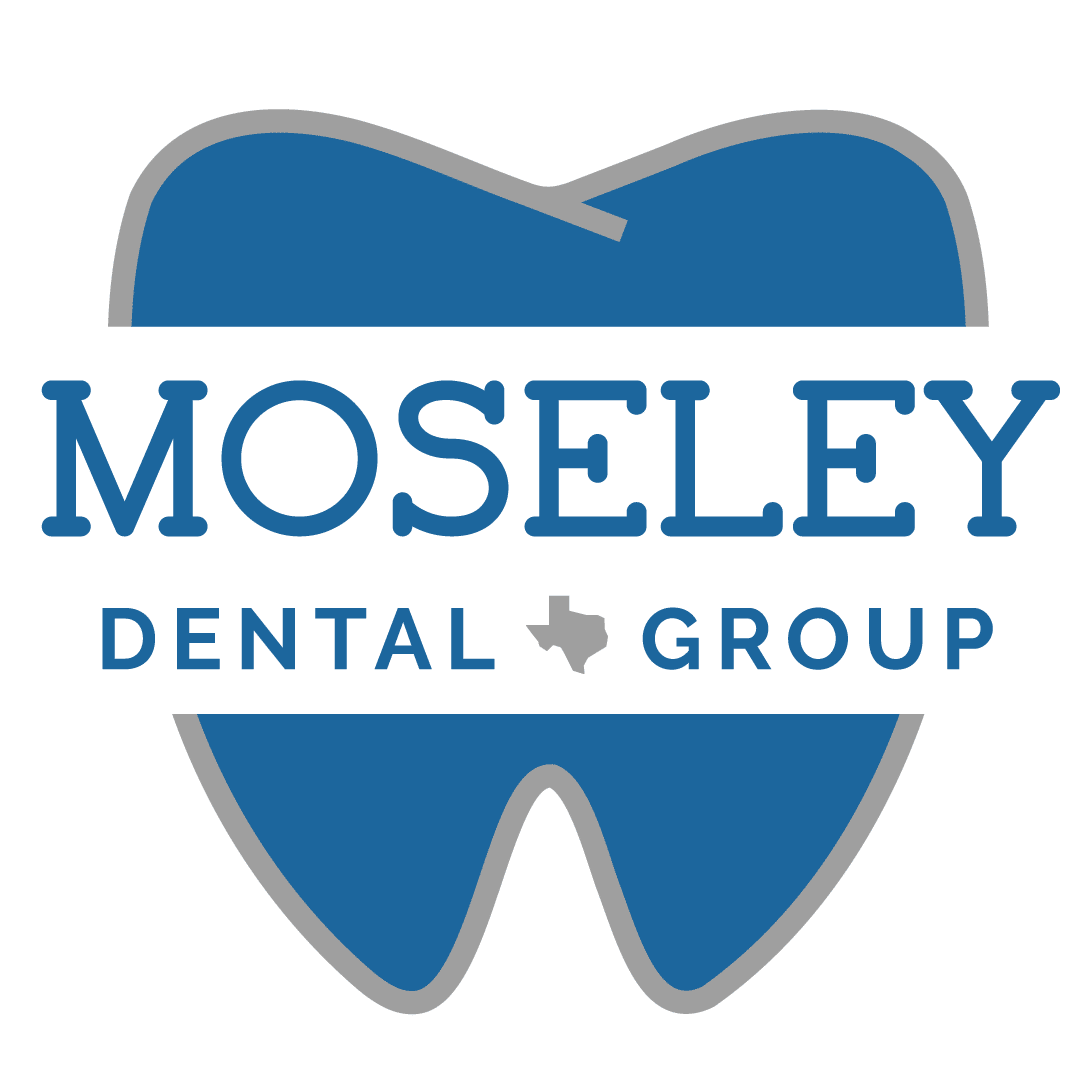[vc_row][vc_column][vc_column_text]At Moseley Dental Group, we urge each patient to stay on top of their every regular, every six-month appointment at our office. Not only do we perform a professional cleaning, but Dr. Justin Moseley will examine your teeth, looking for signs of decay or abnormalities. Staying on top of your cleanings and checkups will significantly help you prevent tooth decay from occurring and will allow you to work to eliminate decay if diagnosed. In order to understand the dangers of tooth decay, learn how decay develops, how to reverse minimal decay, and the restorative procedures we offer if decay is significant.
Tooth Decay Development
When it comes to the development of tooth decay, it happens at different speeds for everyone. It might take only months for some, but it could take years to develop a cavity fully for others.
The first stage happens when your tooth enamel degrades due to a process is known as demineralization. When demineralization occurs, a little white spot or streak will appear on the surface of your enamel. This white spot becomes a weak region; there is no permanent damage, but it isn’t strong. An acidic byproduct that comes from consuming significant amounts of sugar takes minerals away from your enamel. Further erosion and weakening of the enamel finally result in permanent damage, exposing the delicate nerves and dentin beneath.
Without treatment, decay can quickly spread to other tooth portions, including the pulp (nerve center) and the dentin. From there, decay can reach the roots of your teeth, creating the need for a root canal to save the tooth from decay.
Is Tooth Decay Reversible?
When our dental team finds tooth decay in the earliest stages, we can typically treat and fortify these soft spots before they become full-blown cavities. Even though enamel is not alive and cannot heal in damaged regions, we have a secret weapon: remineralization. Fortifying minerals like fluoride, calcium, and phosphate are deposited back into the crystalline mineral structure of your tooth enamel during the remineralization process to re-harden and strengthen your tooth. The natural remineralization process supports saliva, water, and a diet rich in tooth-healthy foods.
Dr. Moseley urges each of his patients in Dallas, Texas, to have effective and excellent oral health care at home. Brushing, flossing, and using a mouth wash twice a day will significantly help protect your teeth against decay and help the remineralization process.
Restorative Options After Tooth Decay
We work hard to help catch tooth decay in the early stages where it can reverse it, but restorative work is necessary in some cases. At Moseley Dental Group, Dr. Moseley and his team are experts in tooth restoration in Dallas. Some of our restorative procedures include:
Fillings: The most standard way to remove tooth decay and revitalize the tooth is through a filling. The tooth will be ridden of decay in this procedure, cleaned, and then filled with a composite resin material. Each filling, once completed, will blend in perfectly with the tooth.
Dental Crowns: If decay has infected most of the enamel, the need for a dental crown is common. Crowns are customized tooth caps that resemble the anatomy and aesthetic of your natural tooth. They grant your tooth full functionality and restore its appearance.
See Dr. Moseley at Moseley Dental Group in Dallas
The only way to know that you are experiencing tooth decay is to have your teeth examined and diagnosed by a dental professional. At Moseley Dental Group, located in Dallas, Texas, we are currently taking new patients. If you have questions regarding your teeth or would like to schedule a routine appointment, please give us a call today. [/vc_column_text][/vc_column][/vc_row]


